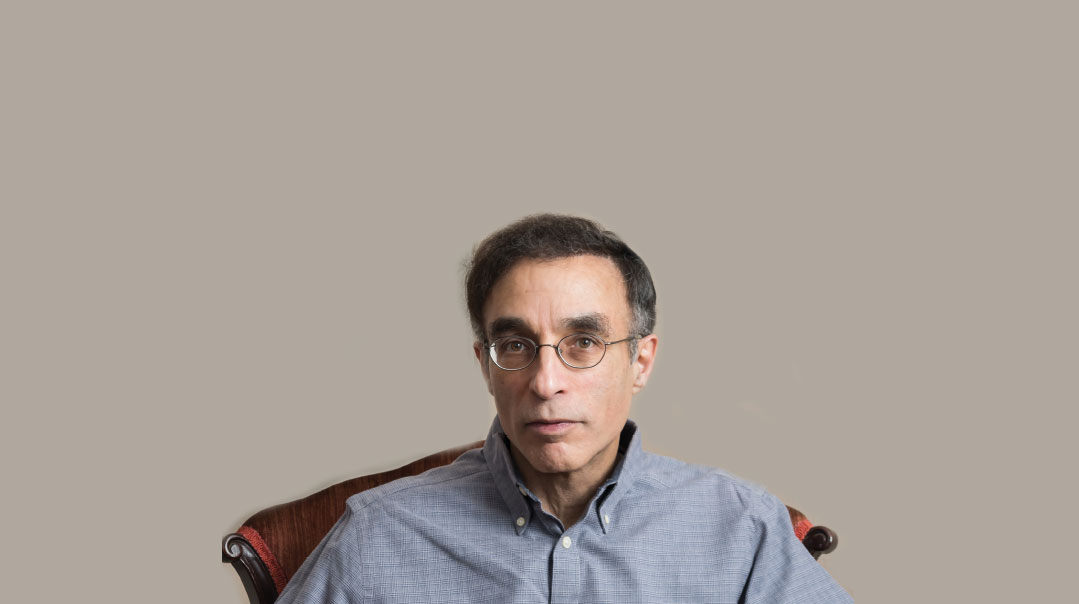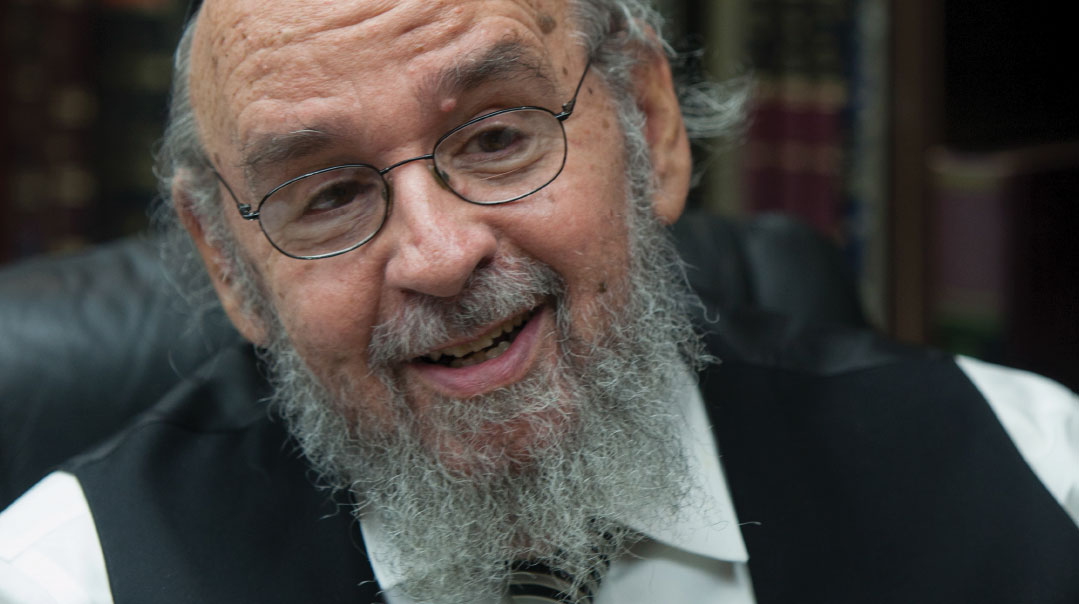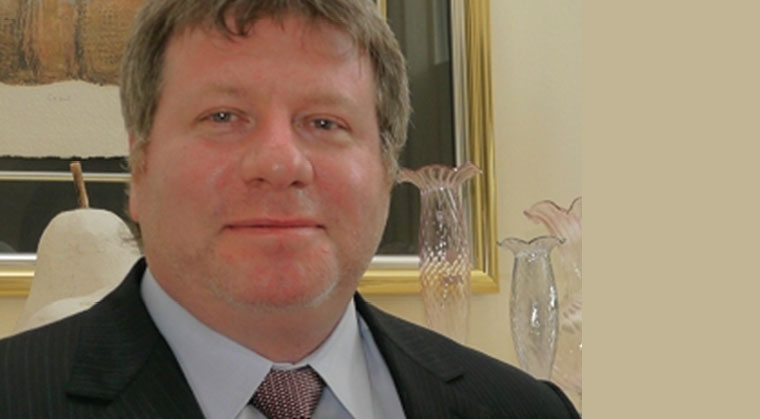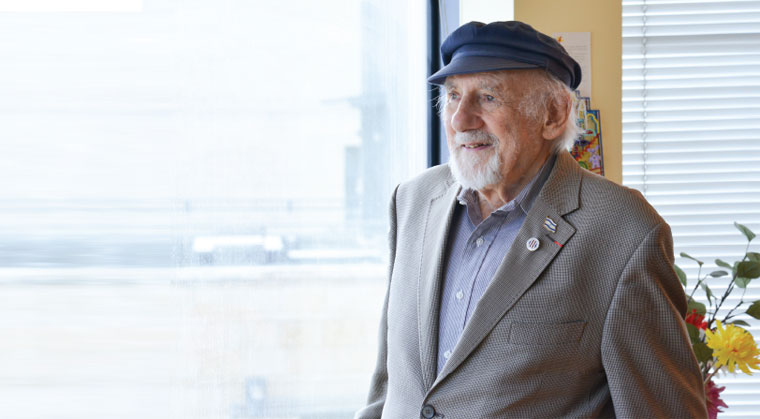Catching Up with Avraham Cohen


Flashback
After the federal government spent more than $500 million on physical repairs to the Pentagon following the 9/11 terrorist attacks, the facility was in tip-top shape by the time the chaplain, US Air Force Captain Rabbi Avraham (Andrew) Cohen, arrived in 2004 to oversee spiritual repairs.
A Pittsburgh native who earned semichah in Ohr Somayach’s Ohr Lagolah program, Rabbi Cohen returned to the US after studying in several Jerusalem yeshivos and kollelim to accept a position as the “Pentagon Rabbi,” a title we used for the first profile I wrote for Mishpacha, back in Issue #25 in July 2004.
In that article, Rabbi Cohen recounted how he led Jewish services on Purim and Pesach while on duty in Qatar, obtaining special permission to serve and drink sacramental kosher wine in that Muslim country, where alcoholic beverages are forbidden. (Chaplain Cohen also served in Afghanistan, Iraq, and Kuwait.)
Rabbi Cohen was still at the Pentagon when it dedicated its first-ever sefer Torah. He also conducted a weekly “lunch and learn” Chumash class, and provided pastoral visitation to all Air Force personnel, as well as to Jewish military personnel and civilian Department of Defense employees and contractors.
More than once, he needed to seek advice himself — namely, when supervisors asked him to speak at the dedication of the US Air Force Memorial at the Arlington National Cemetery, but through an inadvertent oversight, the ceremony was scheduled on Simchas Torah.
“I got a psak that I could speak, provided I stepped far enough away from the microphone that it didn’t pick up my voice,” Rabbi Cohen said. But there were other challenges that day, which he faced with Jewish fortitude and a soldier’s courage.
“They put me up at the closest hotel, which was located in Georgetown, about three miles from the cemetery,” Rabbi Cohen recalls. “It was a cold day. I was wearing my tallis underneath my Air Force overcoat.”
Knowing that he would not be able to get to the nearest shul until later that morning, Rabbi Cohen got up at the crack of dawn. “I davened Pesukei D’zimra walking along the Potomac, stopped when I got to Barechu, davened Shacharis at neitz, and then continued on my way. After the ceremony, I walked back for hakafos at Kesher Israel in Georgetown.”
Progress Report
Captain Cohen earned a promotion to major in 2014, when he was based in Tulsa, Oklahoma. He had left active duty two years before that, joining the Air National Guard — a position that enabled him to stick with the organization he loves and respects, while affording more stability for his wife and five children.
In his current position, he is head chaplain at the 179th Air Wing in Mansfield, Ohio, and in his spare time he is writing a few books based on the articles he wrote during his time in the Air Force on the Torah view of warfare and divrei Torah that connect themes in the weekly parshah to his various military experiences.
While serving a different stint as head hospital chaplain at the Malcolm Grow Medical Clinic at Andrews Air Force Base, he counseled US troops of all faiths who were recuperating from injuries sustained in battle in Afghanistan and Iraq and taught them the power of prayer.
“One of the things I learned from Rav Mendel Weinbach ztz”l, my rosh yeshivah at Ohr Somayach, was that our job was to put people’s spiritual yearnings and sentiments into words,” Rabbi Cohen said. “I would not use the exact words of the Mi Shebeirach, but the purpose was to give them a prayer they could connect to for a full recovery and a long, happy life of health and prosperity. Sometimes they would ask me to add a special prayer for a family member.”
(Originally featured in Mishpacha, Issue 741)
Oops! We could not locate your form.







